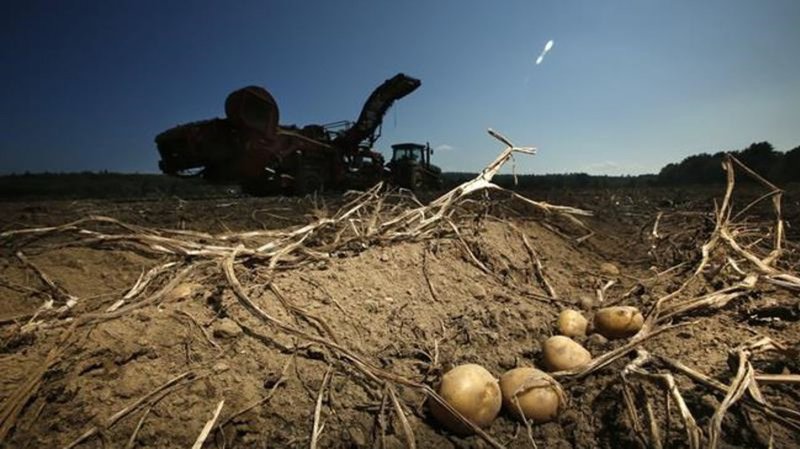
CFIA canned potato review irritates farmers and shows depths of government secrecy
OTTAWA — The Canadian Food Inspection Agency wants to know what people think about the size of canned, cubed, white potatoes — but if you want to know exactly who asked for the change or why this is a priority exercise, you’re out of luck.
CFIA launched a month-long consultation on Jan. 21 after saying it had received a request from “industry” to change the maximum allowed size of diced, canned potatoes from 10 millimetres to 20 millimetres.
“Yes, we care about all potatoes — big and small,” the agency tweeted. “These consultations stem from an industry request to produce larger cubes, which would allow them to get more Canadian potatoes to market.”
The tweet was met with great delight by some Twitter users who jumped at the chance to show their proficiency in potato puns.
